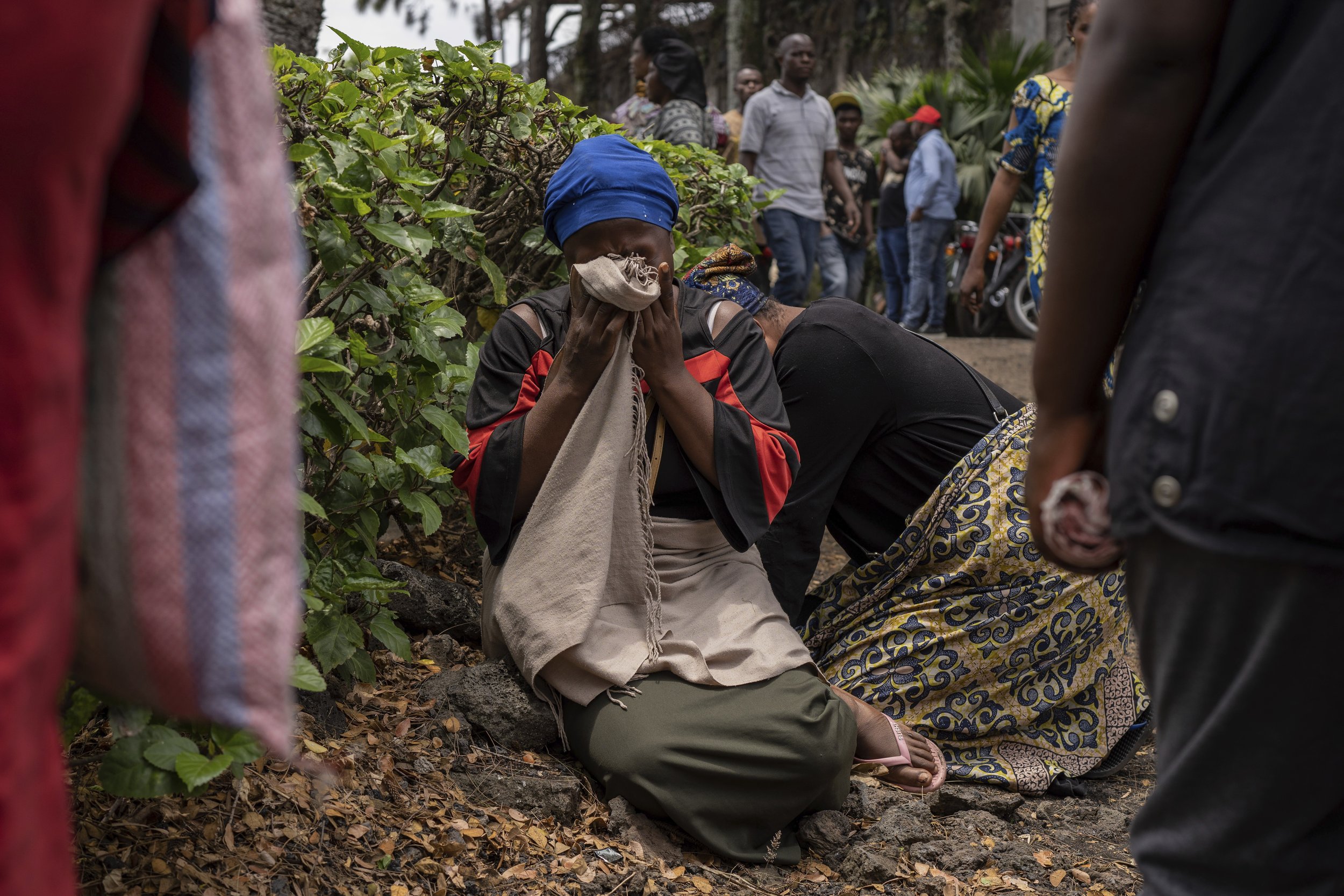Rising to the Challenge: Ghana’s Healthcare System
The stark reality of Ghana’s healthcare system was brought into sharp focus during a recent encounter. On the 1st of November, I ordered a ride home from the Korlebu Teaching Hospital. Just three minutes into the ride, the air was pierced by the desperate screams of women from the community in front of the hospital. I witnessed a woman, likely a mother, frantically carrying an unconscious young boy, about seven years old, covered in blood.
Despite the hospital being less than five minutes away, many urged her to take the child to herbal center 30 minutes away. She eventually rushed off in a taxi to the herbal center. Some onlookers passionately argued that the hospital would “waste your time and steal all your money”, while others criticized the National Health Insurance Scheme (NHIS) as ineffective. I was left to wonder about the child's fate and the mother’s pain, fearing the worst. Is this the reality we must accept?
This incident raises profound questions about the mindset of those living near major healthcare facilities. Why would someone choose a traditional healer over a modern medical facility? Is this a widespread attitude or an isolated incident? The World Health Organization (WHO) defines primary healthcare as a comprehensive approach to bring essential health services closer to people. In Ghana, the goal is to ensure universal access to quality, affordable healthcare. While progress has been made, challenges like funding, corruption, and workforce shortages persist. However, with strategic interventions, Ghana can achieve a stronger, more equitable healthcare system.
Ghana’s journey towards a robust primary healthcare (PHC) system has been marked by significant milestones and challenges. Following independence in 1957, the country saw a rapid expansion of health facilities and increased access to basic medical services. However, political instability and economic decline in subsequent years hindered this progress. In the 1970s, the government, in collaboration with religious missions, introduced innovative approaches like mobile clinics and village health workers to reach underserved rural populations. Key research projects, such as the Brong Ahafo Basic Health Services Project and the Danfa Comprehensive Rural Health and Family Planning Project, informed the development of the district health system model in 1979.
The 1980s saw the introduction of user fees for health services, which negatively impacted access. To address this, the government explored alternative financing mechanisms, leading to the establishment of the National Health Insurance Scheme (NHIS). The 1990s marked a period of significant health sector reforms, including the establishment of the Ghana Health Service and the adoption of a sector-wide approach. These reforms, coupled with the development of the Human Resources for Health Policy and Strategy, aimed to strengthen the health workforce and improve service delivery. The Navrongo Community Health and Family Planning Project was instrumental in shaping the national CHPS strategy in 2000. While CHPS has shown promise, challenges such as inadequate funding, weak infrastructure, and human resource constraints persist.
“Corruption also stifles the potential of healthcare professionals and leads to resource misallocation.”
Ghana’s healthcare system, while making significant strides, continues to struggle with challenges that hinder its ability to provide quality care to its citizens. One of the most pressing issues is corruption, which invades various aspects of the system, from procurement to patient care. Pius Agbenorku, a reconstructive plastic surgeon, highlights the pervasive corruption within Ghana’s healthcare system. This corruption, ranging from petty bribery to large-scale fraud, erodes public trust and hinders quality care. Patients may face unofficial fees, delayed treatment, and exposure to counterfeit drugs. Corruption also stifles the potential of healthcare professionals and leads to resource misallocation. As Transparency International’s 2006 report indicates, Ghana’s health sector is a prime target for corruption. Studies by Ake (1991) and Azfar & Gurgur (2005) further bring to light the negative impact of corruption on health outcomes. To ensure a more equitable and efficient healthcare system, Ghana must address corruption through stronger regulatory oversight and increased transparency.
To address this issue, a multi-faceted approach is necessary. Strengthening regulatory oversight is crucial. Establishing independent regulatory bodies with the authority to monitor and enforce standards can significantly reduce corruption and ensure accountability. Regular audits and inspections of healthcare facilities can help identify and rectify irregularities. Moreover, promoting transparency in financial transactions and decision-making processes can deter corrupt practices and foster public trust. Public disclosure, citizen participation, and whistleblower protection can increase accountability. Investing in healthcare infrastructure, particularly in rural areas, and leveraging technology can improve access to quality care. Embracing technology, such as electronic health records and telemedicine, can improve efficiency and reduce opportunities for corruption.
By prioritizing these areas, Ghana can take significant steps towards building an equitable healthcare system. A well-regulated, transparent, and adequately funded healthcare system can ensure that all citizens trust and have access to quality, affordable care, regardless of their socioeconomic status. It is imperative that we advocate for increased funding, support organizations fighting corruption, and push for policy changes that ensure equitable access to care. By doing so, we can hope to turn the tide against this silent killer and save countless lives.

